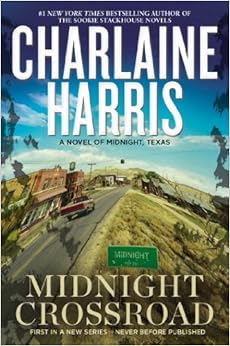
Really, this is an odd duck. (Might one say, a gammy bird?!?) The beginning, set in the northeastern United States, is very different from the remaining 85%, set in Newfoundland. I enjoyed the conceit of relating the chapters to different kinds of knots, Proulx doesn't seem to take it too seriously and that's good.
The hearts and souls of the story are the tough Newfoundlanders that Quoyle meets - and eventually becomes one of. The lifestyle is already hard, and economic opportunity is dwindling. Traditional skills are dying along with the fisheries. The physical environment is unforgiving, dreary, astoundingly beautiful, and violent in turns. The setting and atmosphere is a knockout.
Proulx's writing style here is unique. It's not 100% grounded in realism. People are named Petal and Bunny and Wavey. Houses become symbols and highly unlikely things that verge on the supernatural occur. The sentences are choppy and may be meant to mimic the speech patterns of the locals. Her way of turning a phrase is fantastic. There is a lot of out and out humor, but also more than a few heart-breaking tales.
I was a little disenchanted, close to the end, with the way the story was heading. Nothing seemed to resolve. Then, in the last 50 pages or so, it won my heart over. Really, you just want to spend more time with the characters, listen to them talk. I love books like this, ones that look at a rural or folk culture and see its depth and soul, along with the warts, and ones that look at what people can do when even a smidge of kindness is shown to them.
Final Call:
+(2).png)
This is probably actually a four and a half, but what the hey. The book's spirit and style tips it up to five.

.png)

.png)









.png)